INDIA, INVESTMENTS AND TRADE POSSIBILITIES.
Main reasons to invest and to trade in/with India.
- Home
- INDIA
- Investments in India
World’s Largest Consumer Markets
Government Supports Investments
Economy
is still
growing
India welcomes foreign investments.
Foreign Direct Investment (FDI) is considered as a major source of non-debt financial resource for the economic development. The Government of India intents to attract and promote FDI in order to supplement domestic capital, technology and skills for accelerated economic growth and development and has put in place a policy framework on FDI, which is transparent, predictable and easily comprehensible. A non-resident entity can invest in India, subject to the FDI Policy except in those sectors/activities which are prohibited or when a special permit is required.
Foreign Portfolio Investors (FPI) and Foreign Venture Capital Investor (FVCI) may make investments in the manner and subject to the terms and conditions specified in Foreign Exchange Management (Non-Debt Instruments).
Investments can be made by non-residents in the equity shares/fully, compulsorily and mandatorily convertible debentures/fully, compulsorily and mandatorily convertible preference shares of an Indian company, through the Automatic Route or the Government Route.
Under the Automatic Route, the non-resident investor or the Indian company does not require any approval from Government of India for the investment.
Under the Government Route, prior approval of the Government of India is required. Proposals for foreign investment under Government Route, are considered by respective Administrative Ministry/Department.

ENERGY AND CLEANTECH
Opportunities in solar power, hydropower, solid waste management, water and
wastewater treatment, electric vehicles, hydrogen, energy storage, and carbon
capture.

Jewellery and Gems
India majorly exports cut & polished diamonds, lab-grown synthetic diamonds, colored gemstones, synthetic stones, plain and studded gold jewellery, silver & platinum jewellery, articles of gold, silver and others.
Gems & jewellery sector has strong growth prospects as a focus area for export promotion. The government of India has undertaken a lot of initiatives to increase the export of such products, by promoting SME units and identifying new markets.

Metals & Mining
India produces as many as 95 minerals, which include 4 fuel, 10 metallic, 23 non-metallic, 3 atomic and 55 minor minerals (including building and other materials).
India boasts abundant mineral resources, encompassing diverse deposits of coal, iron ore, bauxite, and other minerals, making it one of the world’s leading mining destinations. With its rich mineral reserves and favorable geological conditions, India offers lucrative opportunities for investment and development in the mining sector.
Among the most interesting facts that we can mention related to this field is that Steel sector has witnessed tremendous growth and India has emerged as a global force in steel production and the 2nd largest producer of steel in the world, and Coal which is the major source of energy in India will probably have an increase of demand by reaching its peak in 2030-2035.

BFSI (Fintech & Financial Services)
India has the highest FinTech (financial technology) adoption rate globally. Home to thousands of companies using technology to automate and enhance banking, lending, accounting and investing.
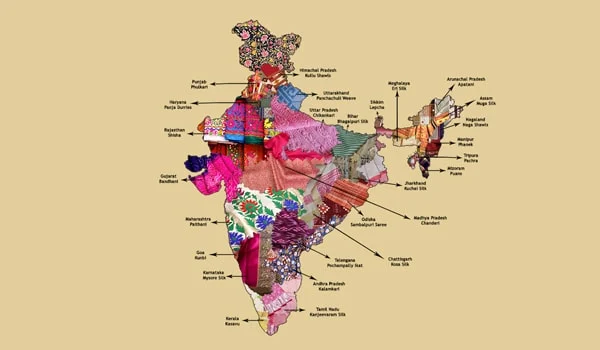
Textiles & Apparel
India is among the world’s largest producers of Textiles and Apparel, by holding 4% share of the global trade.
It is one of the largest producers of cotton and jute in the world. India is also the 2nd largest producer of silk in the world and 95% of the world’s hand-woven fabric comes from India.
India has also become the second-largest manufacturer of Personal Protective Equipment (PPE) in the world. More than 600 companies in India are certified to produce PPEs today.
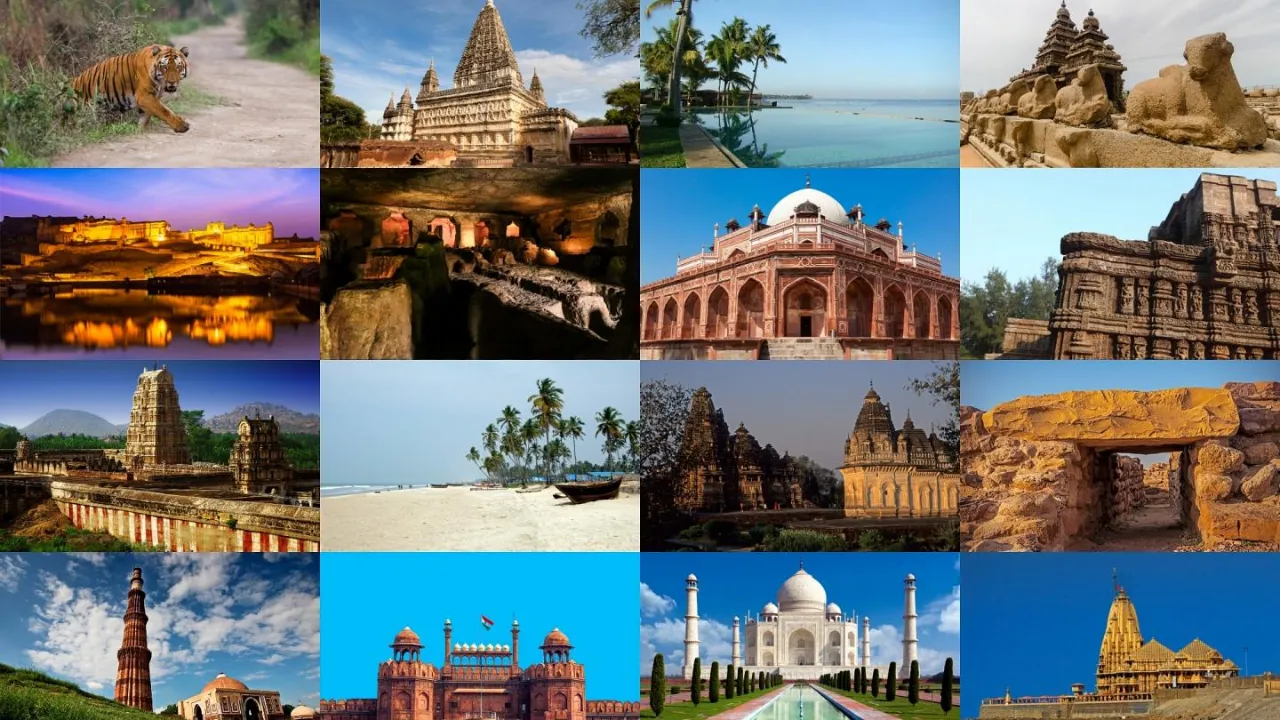
TOURISM & HOSPITALITY
- India’s diverse geographical offerings, including heritage sites, cruise tourism, adventure spots and eco-tourism, attract tourists.
- India welcomes 100% FDI (Foreign direct investment) in the tourism industry under the automatic route.
- Investment opportunities include hotels, resorts, recreational facilities, theme parks, adventure tourism, wellness tourism, and more.

AYUSH TREATMENT
FOR ACUTE AS WELL AS CHRONIC DISEASES
The full form of AYUSH stands for Ayurveda, Yoga, Naturopathy, Unani, Siddha, and Homeopathy.
- Ayurveda is a natural system of medicine, originated in India more than 3,000 years ago. The term Ayurveda is derived from the Sanskrit words ayur (life) and veda (science or knowledge). Thus, Ayurveda translates to knowledge of life.
- Yoga is a Hindu spiritual and ascetic discipline, a part of which, including breath control, simple meditation, and the adoption of specific bodily postures, is widely practiced for health and relaxation.
- Naturopathy is a form of healthcare that combines modern treatment with traditional methods. It includes alternative, natural therapies to modern medicine. Naturopathy focuses on: the body’s capacity to heal itself. preventing health problems.
- Unani system is based on the Hippocratic theory which postulates that a perfect balance of elements, humors and temperament keeps the body and mind healthy. Every individual has an inherent power of self-preservation.
- Siddha means “one who is accomplished.” It refers to perfected masters who have achieved a high degree of perfection of the intellect as well as liberation or enlightenment.
- Homeopathy is a medical system based on the belief that the body can cure itself. Those who practice it use tiny amounts of natural substances, like plants and minerals.

AGRICULTURE & ALLIED SECTOR
- India is a global leader in milk production, millet cultivation, and sugar
production. - It’s also the largest producer of buffalo meat and ranks high in goat
meat and egg production.
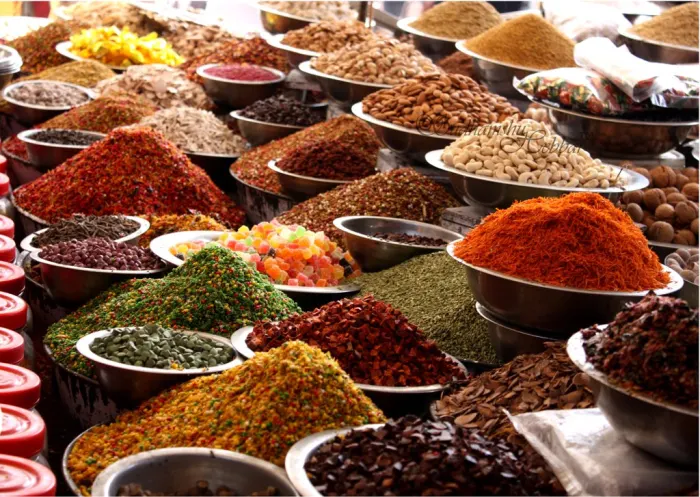
SPICES AND CONDIMENTS
- The aromatic and flavourful appeal of Indian spices has led to widespread adoption among individuals. Currently, only 30% of India’s spice exports constitute goods like spice mixes, oils, oleoresins, and extracts.
- Spices possess medicinal properties, such as anti-inflammatory, antioxidant, and antimicrobial effects. Their use in traditional medicine across various cultures contributes to their popularity.
- The demand for Indian spices has increased globally, including in the United States, Vietnam, the United Arab Emirates, and the United Kingdom.
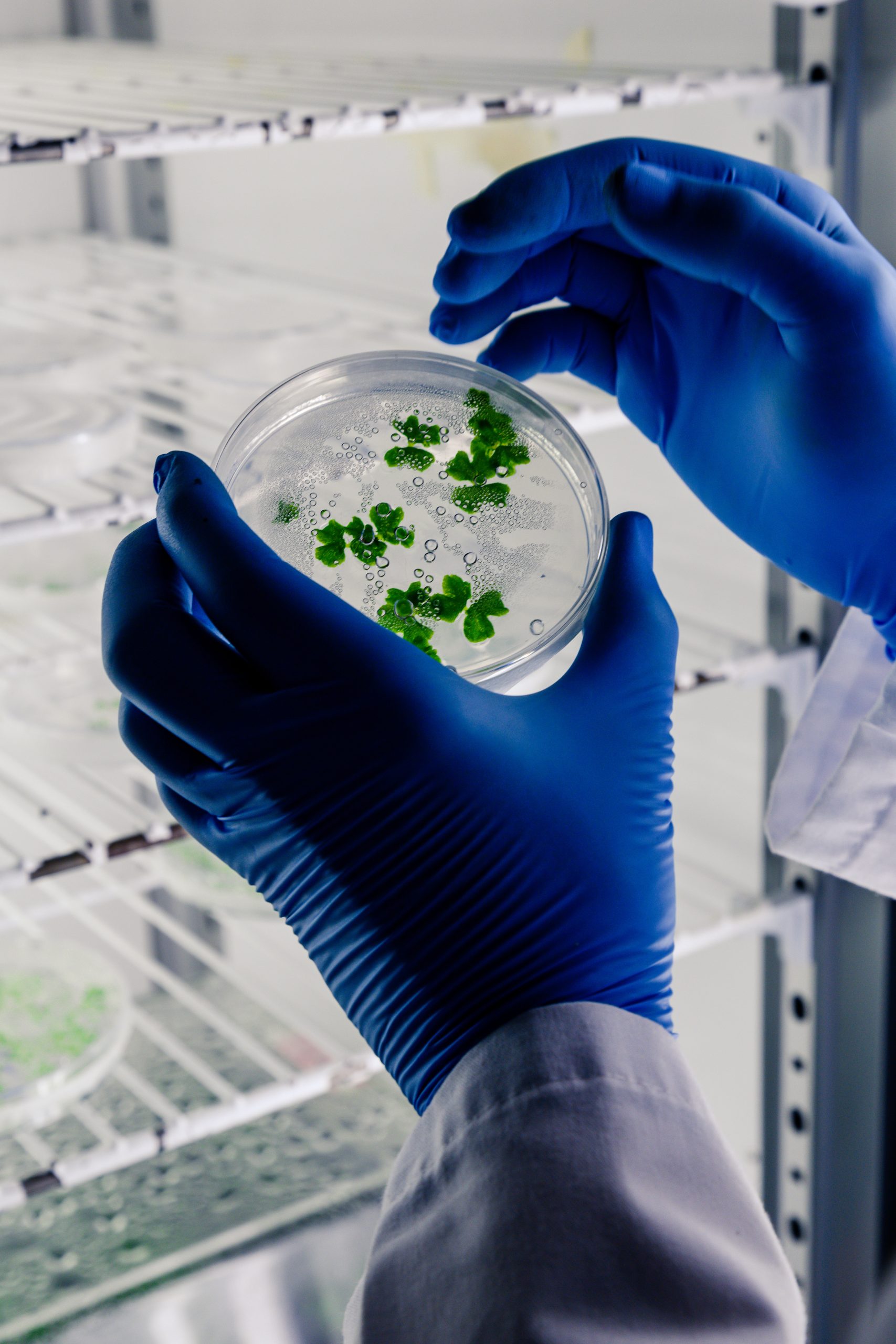
BIOTECHNOLOGY
India’s Biotechnology sector is categorized into Biopharmaceuticals, Bio agriculture, Bio IT and Bio Services.
- Biopharmaceuticals: India is one of the biggest suppliers of low-cost drugs and vaccines in the world. India also leads in biosimilars, with the greatest number of biosimilars approved in the domestic market.
- Bio agriculture: Organic Farming, broadly refers to the farming methods free from toxic pesticides, chemicals and synthetic fertilisers. It stringently follows cultivation methods that keep the soil healthy and avoid adverse impact on environment by using organic waste such as crop, animal and farm wastes including biological materials. According to the Indian Council of Agricultural Research (ICAR), “Organic Agriculture is a unique production management system which promotes and enhances agro-ecosystem health, including biodiversity, biological cycle and soil biological activity.
- Bio IT: Information technology applied to the science of biotechnology has resulted in the specialized tools, technologies and systems known as Bio-IT.
- Bioservices are aids and services provided to clinical trials, healthcare sectors, biotech enterprises, and educational startegies in order to increase support and research so that these entities can channel and strengthen their research progress.
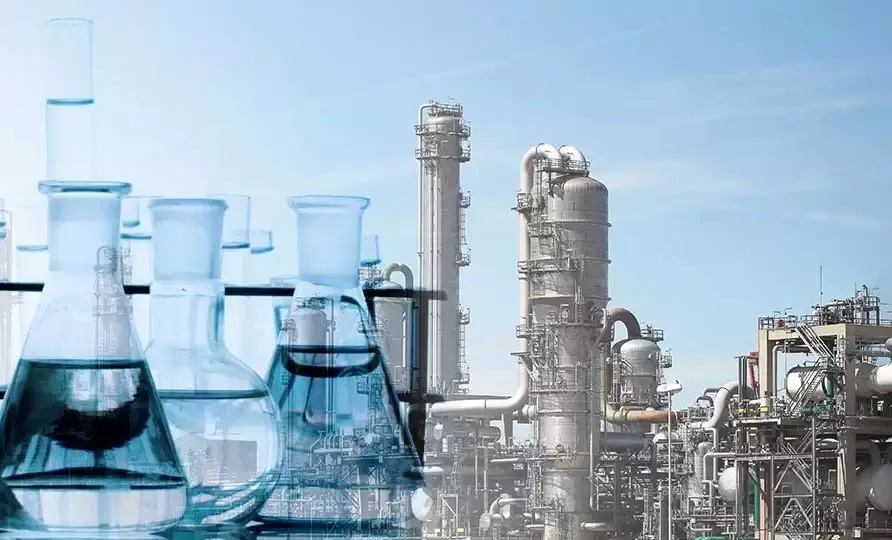
CHEMICALS
- The chemical industry is knowledge-intensive and capital-intensive. India’s chemical manufacturing sector plays a crucial role in the economy.
- The chemicals industry in India is very diversified and can essentially be classified into 6 categories: bulk chemicals, specialty chemicals, agrochemicals, petrochemicals, polymers and fertilisers.